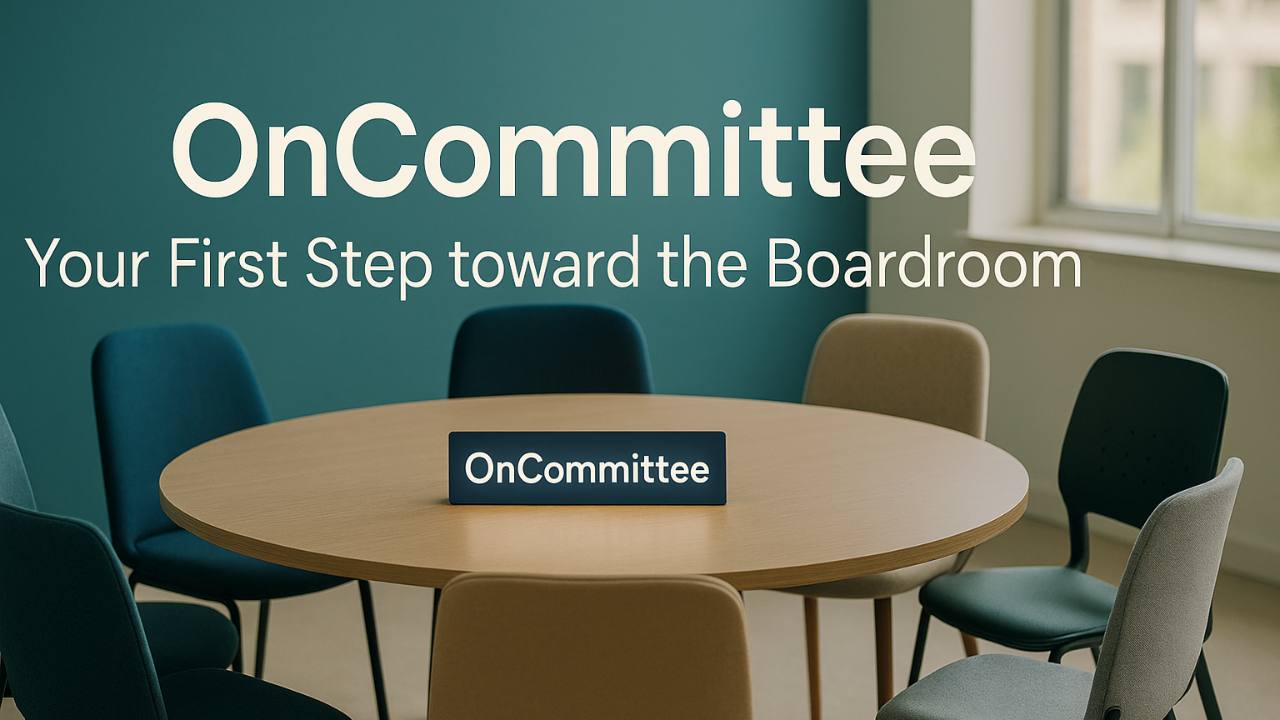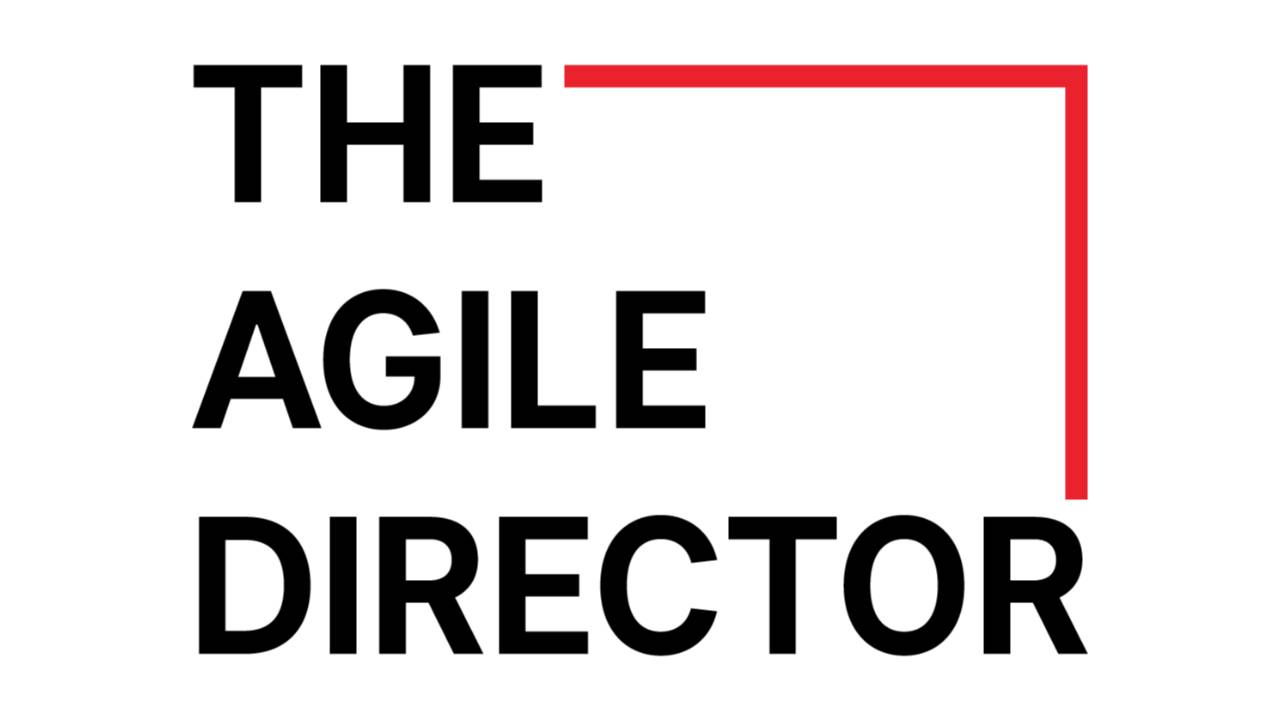Categories
advisory board aspiring director authentic leadership blueprint board leadership board readiness board reflection boards civic culture corporate responsibility crisis leadership culture democracy director development director pathways director responsibilities ethical governance ethical leadership future of boards future of work governace governance governance training governance trends governex innovation integrity leadership oncommittee organisational culture social contract social license stakeholder strategy start-ups the agile directorInnovation, Risk, and the Boardroom: What Startups Teach Us About Governance
Innovation is a word that gets used often — in job titles, in boardrooms, and in strategy documents. But what does innovation truly mean in practice, and what are the roles of boards, directors, and governance in helping it take root and thrive?
The Agile Director team spoke with startup investor and non-executive director Amanda Durham about the messy, collective process of innovation and the often unseen structural barriers that can prevent it from succeeding. From her work with Scale Investors to her role with Significant Ventures, Amanda brings deep insight into what it takes to nurture change — and why good governance is essential in the earliest stages of business.
Why Innovation Needs a Different Kind of Governance
Startups are not scaled organisations. They are exploratory missions. They are built on experimentation, passion, and the willingness to fail and try again. But while startups often shy away from governance — assuming it means bureaucracy — Amanda reminds us that governance, done well, enables innovation. It provides clarity, support, and guardrails.
“Governance should evolve with the business. In the early stages, it’s not about formality — it’s about functionality.”
Boards in early-stage companies should focus on creating ethical cultures, fostering collaboration, and providing the space for uncertainty and creativity to exist. Without that foundation, even the best ideas can flounder.
Diversity as an Innovation Advantage
Innovation is not just about ideas. It’s about whose ideas are funded, supported, and given a platform. Amanda spoke passionately about the underrepresentation of women in the startup and venture capital ecosystems — and how this lack of diversity directly impacts innovation.
“Less than 2% of startup funding goes to women founders in many Western markets. That’s not a pipeline problem. That’s a structural problem,”
When boards and investment committees are composed of people with similar life experiences and worldviews, they risk overlooking entire markets, problems, and possibilities.
Boards that embrace diversity — not just in gender, but in thinking, lived experience, and risk appetite — are more likely to spot opportunity and adapt to change.
Directors Must Be Fit for Purpose
Governance in a high-growth startup environment requires a different mindset than governance in a steady-state or listed organisation. Amanda makes the point that not all directors are suited to all stages — and that recognising this is a strength.
“You need directors who understand ambiguity, who don’t need certainty to function, and who are willing to question their own assumptions.”
Importantly, directors need to know when to step in and when to step back.
Governance Conversations Should Start Early
Startups may not use the word ‘governance,’ but they are constantly making governance decisions: How do we allocate equity? How do we set culture? What behaviours do we reward? Who gets to decide what’s ethical?
Amanda encourages founders to consider governance from day one — not as red tape, but as a way to build fairness, resilience, and trust.
“Good governance helps you attract the right people — especially when you can’t pay top dollar. Culture is currency,”
🚀Key Takeaways
-
Innovation is collective and long-term. Governance helps sustain it.
-
Diversity is essential to spotting innovation. Boards must be intentional.
-
Startup boards need directors who can work with ambiguity and change.
-
Founders benefit from talking about culture, ethics, and accountability early.
📚 Recommended Reading
-
How Innovation Works by Matt Ridley
-
Corporate Governance, Ethics & CSR by John Taylor
💬Final Thoughts
Amanda’s reflections serve as a powerful reminder that innovation is a governance issue — and that boards have a critical role to play in shaping how we solve problems, build new systems, and create more inclusive economies.
At The Agile Director, we believe in preparing directors who are fit for the future — capable of navigating complexity, supporting innovation, and leading with purpose.
We’d love to hear your thoughts: What role do you believe governance plays in building new industries — and strengthening democracy?
Until next time,
The Agile Director







